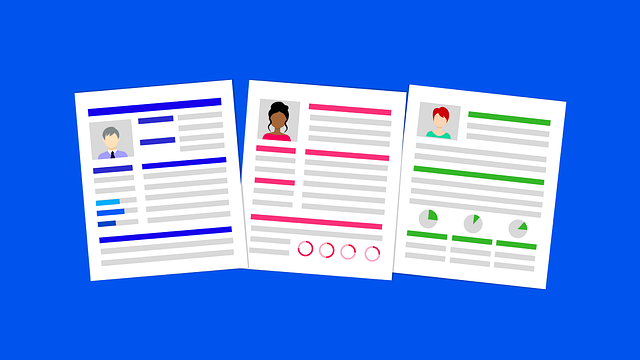Speak from the heart and try to answer this question: “What do you do?”
Many of us may respond to this query by elaborating on our professions. I would do the same thing too. You see, our jobs are deeply integrated into our identities. Work helps us to satisfy our needs to earn money, to achieve goals, and to connect with others. It gives a sense of purpose and greatly affects our means of living. Therefore, job loss can be overwhelming.
It is common to feel like a part of you was lost. This loss can take a toll on your mental and physical health. As you through the process of adjustment, the next phase needs to be intentional. Let this article help you with that. Here are some of the steps that you may take after losing your job.
GIVE YOURSELF TIME TO GRIEVE AND ADJUST
The latest figures released by the Ministry of Manpower (MOM) showed an increase in the country’s annual unemployment rate. The overall Annual Average Unemployment Rate in 2020 was 3%, compared to 2.3% in 2019. Many people have experienced unemployment during the COVID-19 pandemic.
Adjusting to unemployment and grieving over job loss takes time. If you recently lost your job, it is important to accept that the process cannot be rushed. Rushing your feelings may lead to projecting unpleasant emotions during a job interview. Let everything simmer down first.
Losing your job may feel the same way as losing an integral part of yourself. You will undergo the grieving process and may feel the following stages: denial, anger, depression, bargaining, and acceptance. Do not be too hard on yourself. Accepting that these changes take time can help ease the healing process.
CHANGE YOUR MINDSET
There are two ways to perceive your current situation. In most cases, losing your job or your source of income is difficult. Whether it has something to do with your performance or with the current economic situation, it is normal to feel worried about the future after job loss.
You can either look at it as a career barrier or a temporary setback. If you look at things in a bird’s eye view, you will realize that success in life is measured by how we respond to its challenges and setbacks. It is up to you to alter your mindset.
PRIORITIZE SELF-CARE
At first, taking care of yourself is easier said than done. It is tempting to grab a bag of chips and wallow in self-pity as you sit in front of the television. The feelings you may experience in the first couple of weeks or months may be overwhelming. However, you must not neglect your own well-being.
The healing of your mental health requires physical resilience. It takes a lot of effort to take care of yourself and to build healthy habits that will keep your immune system strong. Start by being intentional with what you eat. You may even grow your own greens at home. Furthermore, you can plan out an exercise routine that will work best for you. Use your energy to fulfill productive tasks such as gardening and job hunting.
SEEK SOCIAL SUPPORT
As you are dealing with a range of emotions, refrain from isolating yourself. Having social support is crucial in times of struggle. It will help you overcome the loneliness you feel during the grieving process. Moreover, talking to someone about your current situation will help you acknowledge your feelings.
Talk to the people whom you trust. Your confidant does not have to offer upfront solutions, he or she just needs to be a good listener. Good listeners listen actively without passing judgment or being distracted. Alternatively, you may join support groups online.
ESTABLISH A DAILY ROUTINE
Maintaining a daily routine goes together with taking care of yourself. While it is possible for you to stay in bed the whole day, setting a regular schedule can help regulate your mood. Studies have shown that following a routine can help ward off depression. A routine will give you a sense of purpose and accomplishment as you complete your daily household tasks. Furthermore, not setting boundaries for yourself may lead to eating poorly or other unhealthy habits.
Write down the tasks that you aim to fulfill within the day. Maintain a body clock by setting up a timer. The timer will give you an external cue to wake up and to sleep on scheduled hours. This will help you create a sense of normalcy and prevent you from staying up all night. Additionally, you may incorporate your meal preparations, family visits, skin care regimens, and exercise plans within your daily routine. Remember that practicing self-care and maintaining good hygiene can help boost your mood.
SET LIMITS ON YOUR JOB SEARCH
Try not to add unnecessary pressure on yourself! You are already going through a lot. Despite how anxious you are to get a new job, spending all your time on job search can be stressful and frustrating. Know that you are doing your best.
Try setting aside a certain number of hours within a day for your job applications. The remaining parts of your day may be dedicated to self-care, taking care of your family, and to other productive tasks. The unexpected time off can be challenging, but you may use it as an opportunity to do something that you have always been busy for.

Image Credits: pixabay.com
What are some of the things that you have put aside because you were too busy with your job? Whether you want to learn a new language or to clean out your closet, find hobbies and projects that will occupy your time. Now is your chance to focus on the things you are passionate about!




